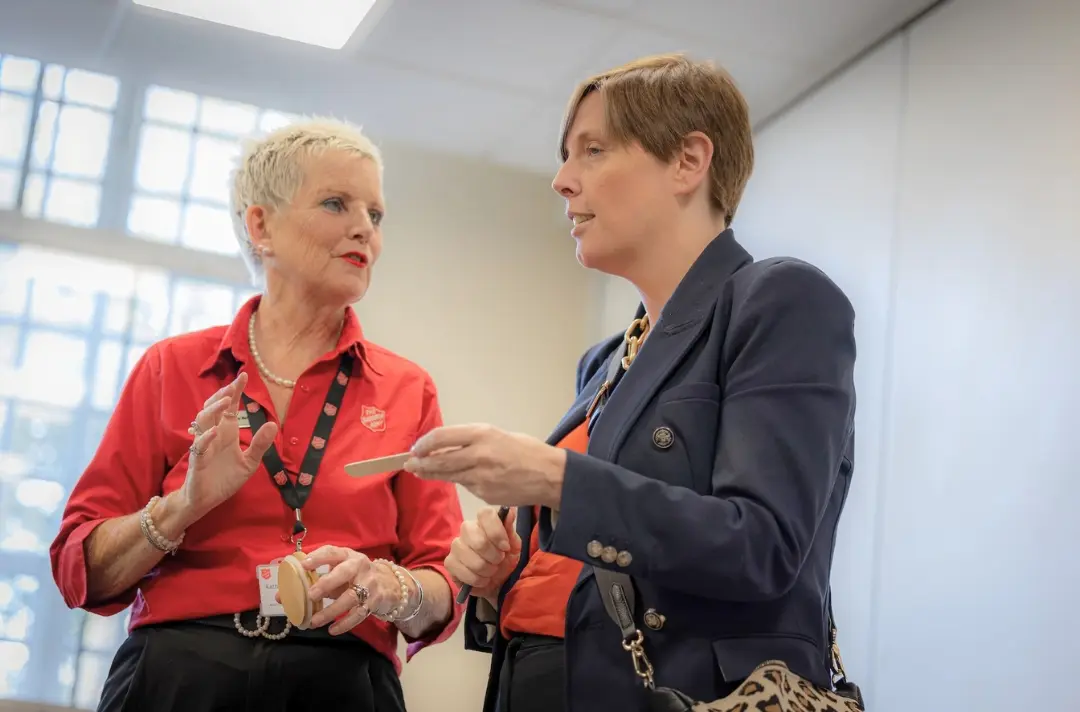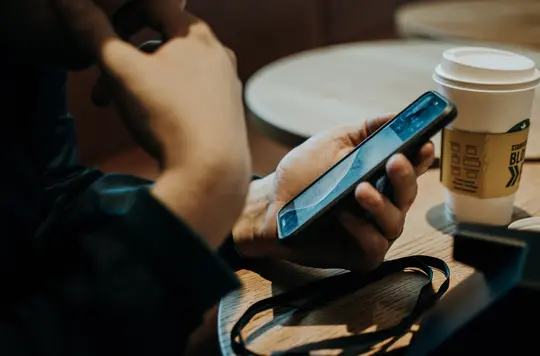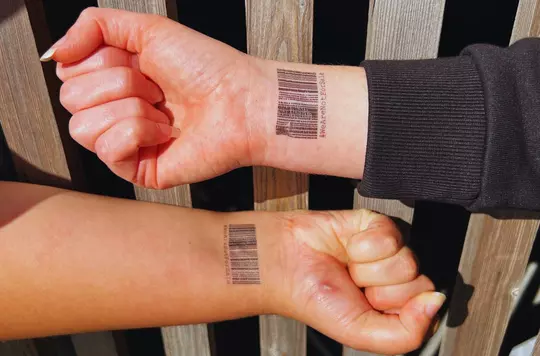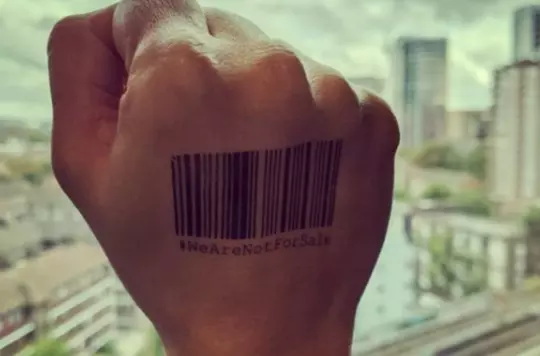18 October 2025
Understanding modern slavery

Territorial Director of Anti-Trafficking and Modern Slavery Major Kathy Betteridge tells Salvationist about the realities of modern slavery in the UK.
What is the Anti-Trafficking and Modern Slavery Department (ATMS)?
ATMS comprises 180 employees and a network of volunteers working to bring an end to slavery. We are made up of four teams: contract, direct delivery, integrated mission and international.
The contract team manages the government’s Modern Slavery Victim Care Contract (MSVCC). Under the MSVCC, we subcontract to 13 non-governmental organisations to deliver specialist support.
The direct delivery team is one of the 13 subcontractors under the MSVCC. It delivers the service of supporting survivors across England and Wales.
The integrated mission team works with frontline colleagues across the UK and Ireland Territory to ensure our work is integrated within local settings.
The international team works to the General’s international Fight for Freedom strategy to help prevent trafficking in the 134 countries where The Salvation Army is present.
How is the Army positioned to make a difference?
We’re a recognised and trusted organisation, and we have a good relationship with the Home Office through the MSVCC. This means we can sit at the table with key policy-makers. As a country, the UK was a forerunner when it introduced the Modern Slavery Act 2015. Ten years down the line, we’re working with the government to identify what we would like to see for the next 10 years.
What does modern slavery look like in the UK?
It’s one of those crimes that’s hidden in plain sight. It happens across the country. It can be rural. It can be urban. There are some people who are literally domestic servants, serving families or caring for children. Car washes are a very typical workplace. But the care sector is a growing area of concern: there might be somebody providing care who is working for an agency that’s taking the money and not giving them a penny. So that would, sadly, be a criminal activity.
Another common form of slavery we see is people being directly involved in criminal activities. Vulnerable young adults are targeted and groomed to become victims of slavery and then encouraged to carry drugs across the country. And, because of the debt that they then owe to the organised criminals, their families are also at risk.
There are so many ways that criminals can engage with vulnerable people and exploit them as slaves. That’s why it’s really important for people to understand the signs of modern slavery.
How does someone become a victim of modern slavery?
Often, somebody is tricked into a job opportunity. They’ve accepted a job offer and come into the country by legal means. But, when they arrive, the job isn’t what they thought, and their paperwork is removed from them. They then have to work long hours. They don’t get paid the correct amount – or get paid nothing at all. They’re put up in a multiple occupancy house and charged a rent that they aren’t able to pay. The debt rises until they’re bound financially. People are held captive through fear.
What’s a misconception that people often hold about modern slavery?
People think that all victims of slavery are being trafficked into the UK illegally. That does happen – the people we support come from more than 100 nationalities. But we have to be mindful that British nationals are consistently one of the top people groups we see caught in modern slavery. It’s not just about people coming from foreign countries.
Can you share an example of the journey from slavery to survivor?
There was a woman who was brought into the country to work for a family. She had to sleep literally next to the toilet and would get up really early and go to bed really late.
She came into our service but was frightened of travelling in case she met her perpetrators, the family that she worked for. Since joining ‘Dreams’, our international survivor choir, she has gained confidence. Music was an area of creativity that gave her strength.
She’s now moved out of our service and is looking to study and become a social worker. She is a different person from the day she came into our service.
Discover more

Find out how you can stand in solidarity with survivors this Anti-Slavery Day (18 October) and beyond.

Norree Webb talks to George Tanton about the volunteer first responders interviewing modern slavery survivors.

Stand in solidarity with survivors and support the Army’s campaign for Anti-Slavery Day on 18 October.

Our vision is to bring an end to slavery, fight for social justice and respond with compassionate care.